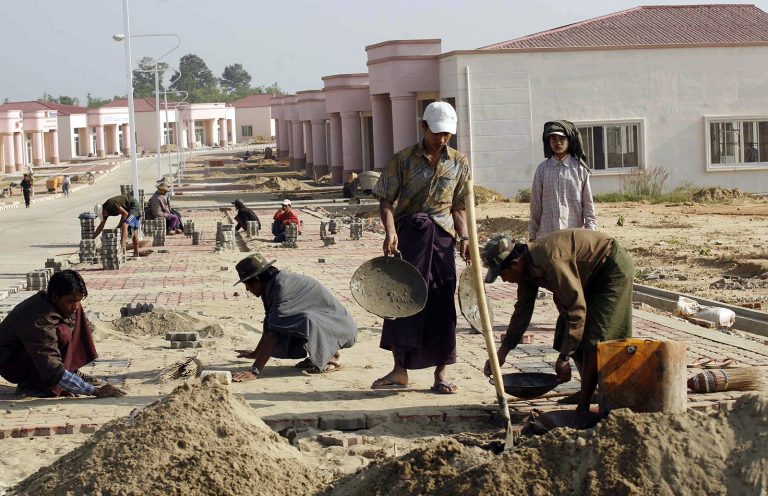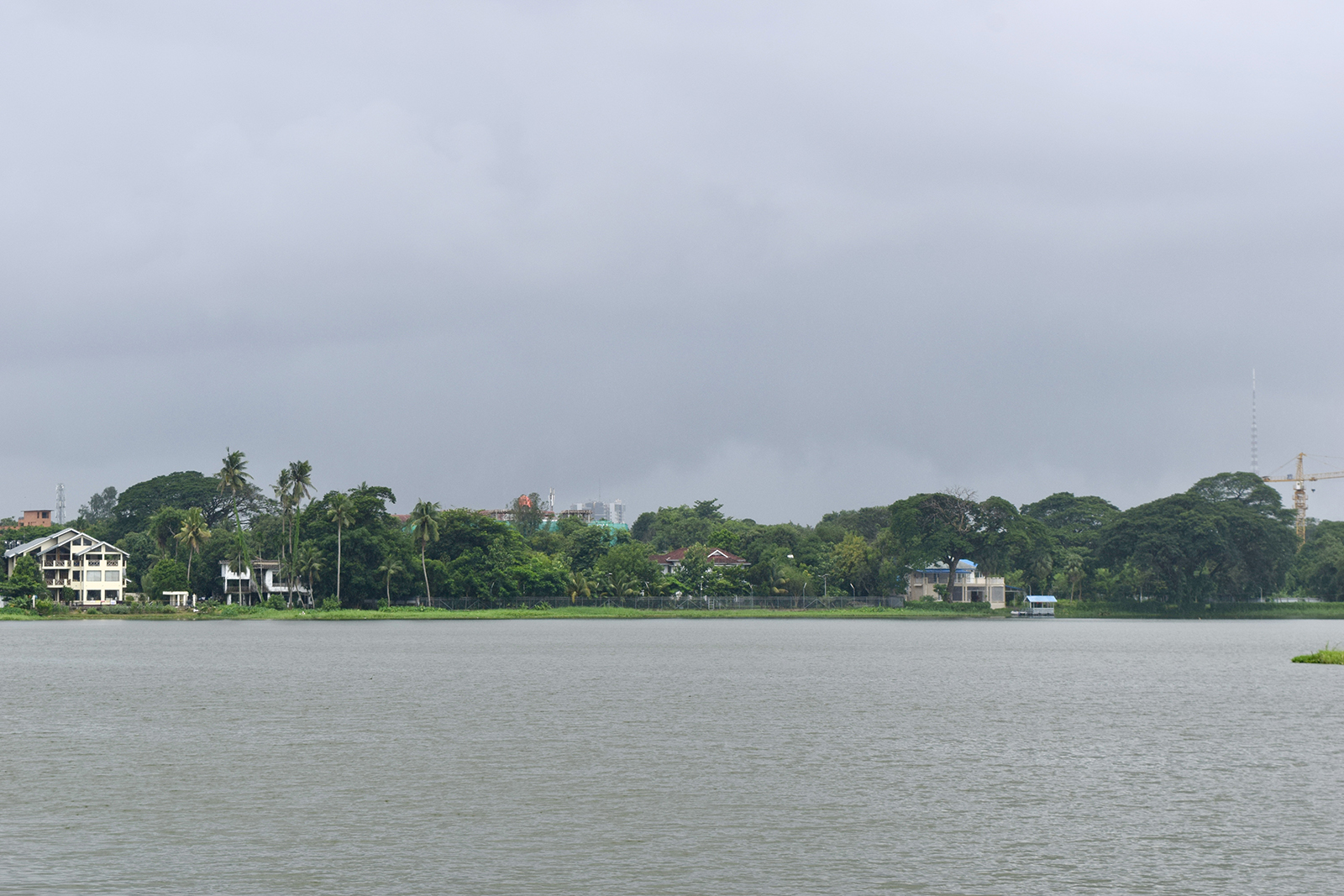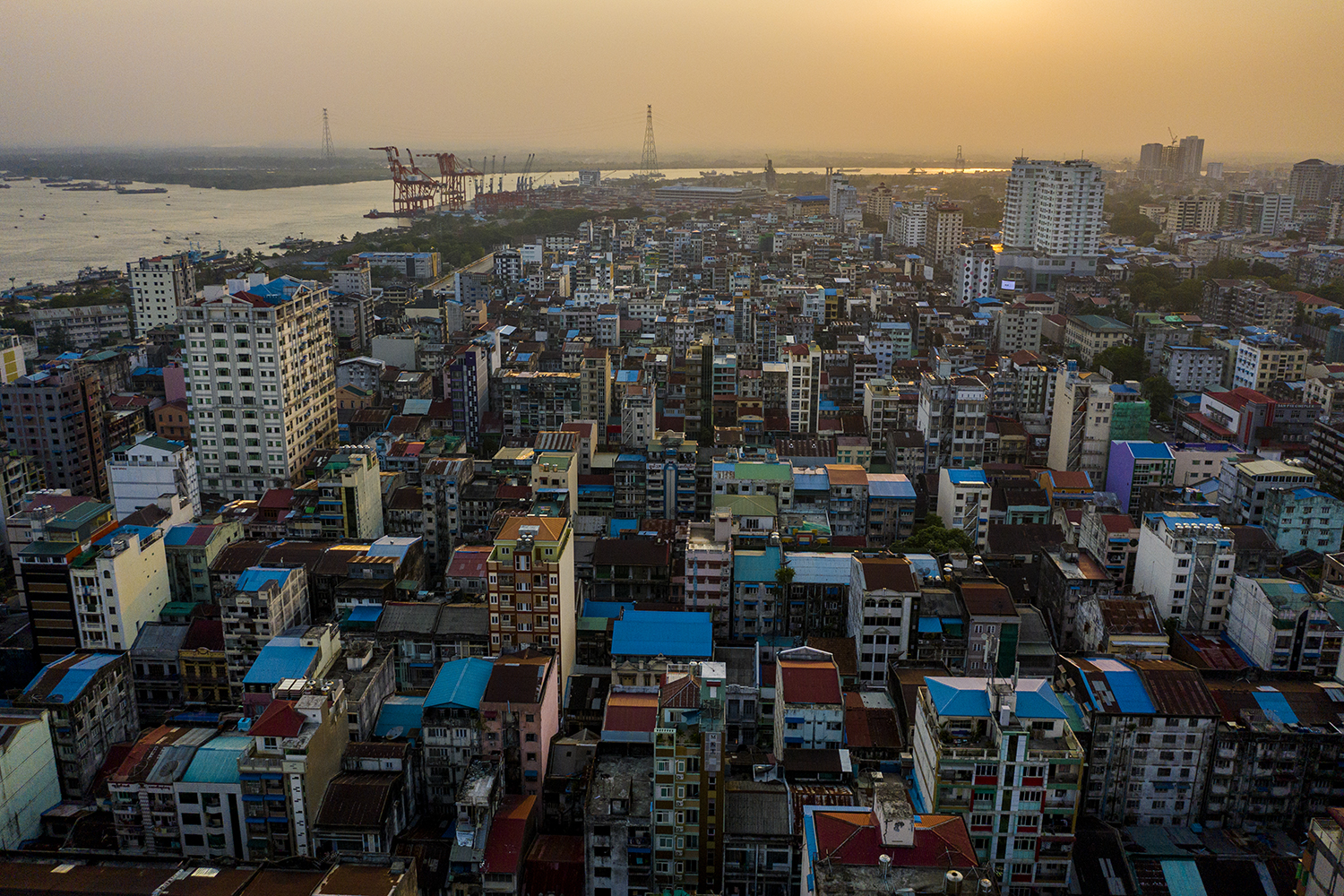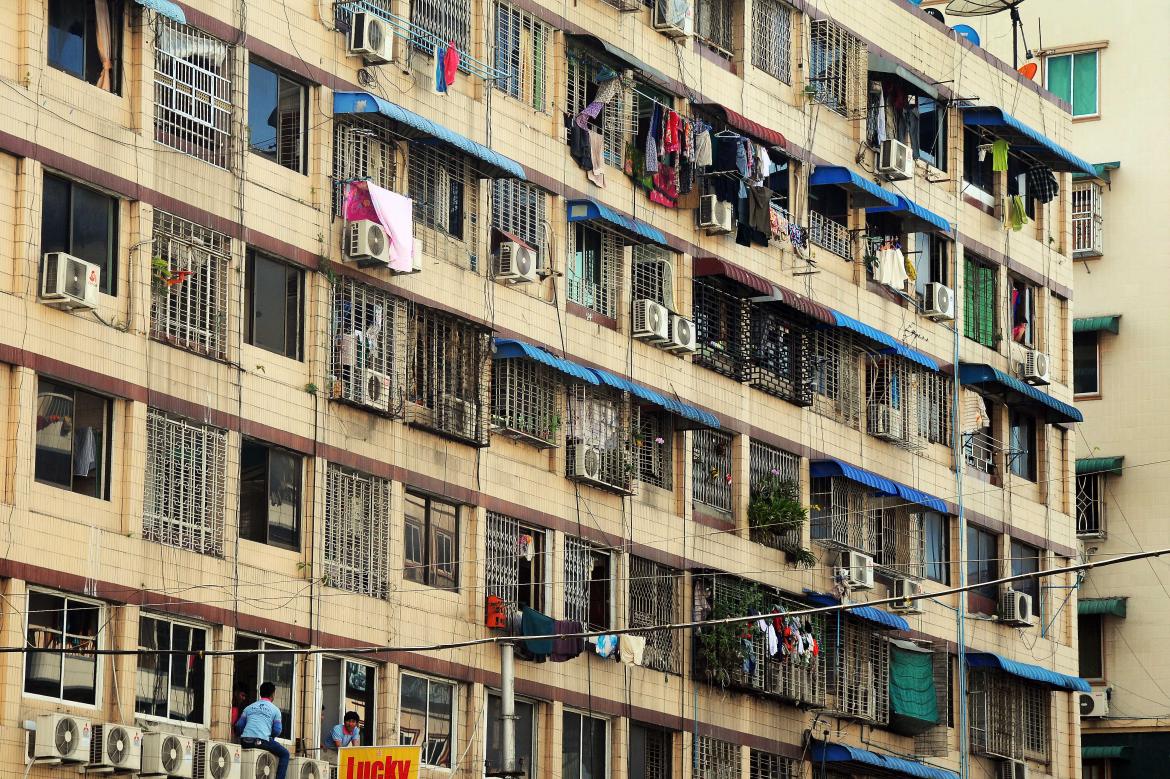The market for luxury condominiums has been in the doldrums for about two years and a glut of units and lingering uncertainty mean that a recovery is unlikely at least until mid-2017.
By KYAW PHONE KYAW | FRONTIER
IT IS not unusual to hear the word “weak” used in connection with the high end of the real estate market in Myanmar. The market has been squeezed since 2014 and the consensus is that sales are unlikely to improve anytime soon.
Market sources say one of the main reasons for slow sales since 2014 has been caution among prospective buyers over the political transition. The caution resulted in reluctance to invest in the high-end of the market. Developers had hoped that the Condominium Law, which allows foreigners to buy up to 40 percent of apartments in an eligible condo, and the election of the National League for Democracy government, would be a boon for the market. But it hasn’t worked out that way.
Although the Condominium Law has been approved by parliament, its introduction has been delayed while the Ministry for Construction drafts the necessary by-laws.
Then came the shock from the Yangon Region government’s decision in May to freeze work on more than 200 high-rise buildings while they underwent inspections to see if they complied with construction rules and urban development plans. For many developers, especially those told to reduce stories on buildings on which work had begun, the situation was a nightmare.
Support more independent journalism like this. Sign up to be a Frontier member.
After lengthy negotiations, developers who had already secured a permit were permitted to resume construction in August, with some having to make only minor design modifications. However, the situation was hardly reassuring for developers and the disruption it caused added to uncertainty over the market, contributing to a further easing in demand.
tzh_property_insight2.jpg

A sign for the 68 Residence condominium on Yangon’s Kabar Aye Pagoda Road. (Teza Hlaing / Frontier)
The impact of the uncertainty on the launch of new projects was outlined in a half-yearly review of the Yangon condominium market released by Colliers International in late September.
Its found that the number of unit launches had fallen 36 percent in the first half of 2016, to 1,600. The number of launches fell to five, compared to the 20 and 10 projects launched in the first half of 2014 and 2015, respectively.
As well as construction delays arising from the building inspections, Colliers said the market was also affected by a glut of units in the high-end and luxury segment. “Further launches in these segments may only exert further downward pressure on the overall sales take-up,” it said. Developers should review their sales and marketing strategies and to start offering extensive promotion efforts such as more flexible payment schemes, it added.
Colliers said it expects demand to become more apparent in the mid to upper-mid markets. “At more competitive price points, these segments should offer affordability either for own-use or investment purposes.”
But if realtors are saying the general condition of the real estate market is not good, you can be sure that the high-end situation is grim. That’s certainly reflected in the Colliers figures, showing that luxury and high-end units – with an average contract price of US$784,000 and $535,000, respectively – account for 62 percent of total pre-sales stock.
“The market right now is focusing on the high-end; I don’t think that’s the market,” said Mr Melvyn Pun, chief executive of Yoma Strategic Holdings, a big player in the real estate sector. “Very few people can afford them and that’s not the general direction of the country,” he told journalists in late October.
tzh_property_insight15.jpg

The interior of a completed condominium in Golden Valley. (Teza Hlaing / Frontier)
Sales were down by between 60 percent and 70 percent, especially for high-end properties, said Sai Khung Noung, chairman of the Yangon Region Real Estate Entrepreneurs’ Association.
The only active segment in the market is property under K100 million (US$75,800), Khung Noung told Frontier.
He said high-end property was beyond the reach of most buyers and was no longer the attractive investment option it had been for the well off. “Now, they [the rich] are shifting their assets from real estate to other sectors,” he said.
Ko Nay Min Thu is managing director of the iMyanmarhouse real estate website. His company also organises property sales exhibitions, a marketing strategy that is generating some sales for developers. “Developers are struggling with ordinary sales methods and are mainly selling at exhibitions by offering discounts,” he said. “People are interested to buy at the exhibitions.”
An exhibition organised by iMyanmarhouse on December 4 saw units at the Kanthayar Residence condominium overlooking Kandawgyi Lake discounted by K100 million. The cheapest units on offer were K300 million and could be paid off in instalments over 10 years.
“Price is one of the factors” behind the market slowdown, said Nay Min Thu. “If you can pay $100,000 you can get a better apartment in Thailand than you can here.”
Mr Nitesh Khirwal, co-founder and managing director of the House.com.mm real estate site, said some developers were spending heavily on branding in a bid to boost sales.
“Developers who have been resilient during the slowdown period and continued to invest in marketing and branding would likely find the buyers more receptive to their projects due to greater familiarity,” Khirwal said.
Despite flat demand, prices are unlikely to fall sharply. One reason is the high prices that developers have paid for land.
“Land prices are not cheap. And almost all construction materials are imported,” said Pun.
The market doldrums have left some developers caught between an urgent need to generate revenue but at the same time being unable to offer the big discounts needed to make sales.
dsc_8143-st.jpg

Star City in Thanlyin Township is a rare example of a large-scale condominium project that’s managed to get off the ground. (Steve Tickner / Frontier)
Some realtors are hopeful that the market will begin to improve after the middle of next year when they expect the government to be more settled and the Myanmar Investment Law and the Condominium Law to have taken effect. The Myanmar Investment Law is expected to pave the way for an influx of foreign investors and provide a much-needed boost for the upper end of the real estate market.
“If more foreigners are coming it will lead to increased demand in the high end of the market. Most realtors and apartment owners rely on foreigners to lease high-end properties,” said Khung Noung.
Khirwal said prices had “rationalised” and he expected that market activity “should be strong” next year.
“Some of the factors aiding a positive outlook for the sector include the Condominium Law being released by end of 2016, new investment laws by the Myanmar Investment Commission and the government’s focus on streamlining policies for the sector, which help increase the confidence,” he said.
Nay Min Thu said there should be new projects targeting the middle class with prices under $75,000 and that the government should make it possible to buy units in housing projects by instalment.
Pun acknowledged the challenge of making condo units more affordable.
“Now the prices are higher than Malaysia, even Thailand. We need real innovation, real thinking to bring prices down,” he said.
The big question hanging over the property market is when the recovery is likely to begin. There’s a reluctance to make firm predictions.
“It will be some time,” said Khung Noung.
This article originally appeared in Property Insight, a Frontier special report on the Myanmar property market, on December 15. Top photo: Workers leave a construction site in downtown Yangon at dusk. (Theint Mon Soe — J / Frontier)







